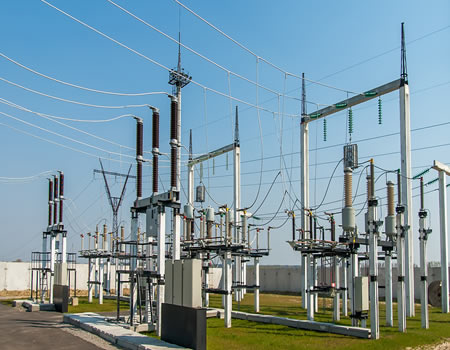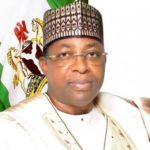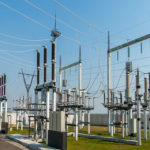
Stakeholders in the power sector have called on the Federal Government to allow full participation of private investors in the country’s power sector to boost power sector efficiency and also enhance economy growth. Power sector efficiency is at low ebb due to illiquidity and other challenges.
Presently, the federal government holds 40 per cent stake in 10 electricity distribution companies while it owns Yola Disco 100 per cent after the previous investors pulled out of the contract.
Mr Adekunle Shofunde, the chairman, Solatek Engineering Ltd., urged the government to hand over the operations of the power sector to private investors for more business competitive drive that will allow Nigeria power sector to compete with other countries.
ALSO READ: Between EFCC and HSBC
Shofunde expressed concern over the slow progress in the energy sector, five years after the privatization, adding that government should regulate the sector and not involve in the running of the operations.
He, however, expressed regret over the exodus of manufacturing companies to Ghana due to the poor power supply in Nigeria, adding that the sector can perform better if it is managed wholly by private sector operators.
According to him, “it is disappointing that a country of over 190 million people generates less than 10,000MW and distributes even less. Continuous tinkering with the structure of power sector has brought darkness, frustration, misery and resignation to Nigerians.
“Nigeria imports over 70 per cent of its petroleum products requirement, while electricity supply is inadequate at just about 4,000MW. Over 20,000MW of power is generated daily from fossil-fired plants (generators) to meet up with electricity demand.”
He urged government to embrace renewable energy to fill the gap created by this deficit, adding that power production and distribution in the country were far less than what was needed.
The Director-General, Textile Manufacturers Association of Nigeria, Mr Kwajaffa Hamma, said that is only when the power sector is being managed by the private investors 100 per cent that it can drive business competitively.
According to him, “the tariffs are not competitive with that of Egypt, Ethiopia, South Africa and other African countries. That is the only way to move the sector forward; we cannot export our products (energy) outside the countries because it’s not competitive.
“75 per cent of all generating output in Nigeria does not reach the intended end users. While the minimum capacity requirement for Nigeria is put at 50,000MW, we are currently producing less than 5,000MW. Eight in 10 Nigerians rely on the alternative source of the power supply as erratic power supply persists.
“85 per cent of Micro, Small and Medium Entrepreneurs (MSMEs) rely on power generators for electricity”.
On his part, Mr Muda Yusuf, the Director-General, Lagos Chamber of Commerce and Industry (LCCI) said, “power sector is critical to the development of the country. Most often, there is a conflict between development objectives and commercial objectives. I believe the government still needs to provide some resource support and generous fiscal incentives for investors in the sector.
“What should be avoided is public sector management of such enterprise. We do not have a record of good corporate governance in most public enterprises. A strictly private sector driven power sector poses the risk of exclusion of some segments of the population. Many locations and communities may not be served because of the commercial viability of such provision.
“There should therefore be a model that would cater for the economically vulnerable segments of the society. This is the scenario currently playing out in private sector provision of education and health services. Private schools and private hospitals are not affordable by majority of the citizens.”
However, Mr Biodun Ogunleye, Managing Director, PowerCap Ltd., opposed to handing over the sector totally to the private sector to drive solely, stressing that government cannot hands off completely to avoid abused of power.
Ogunleye said that government has a vital role to play in the power sector, because “there is no country in the world that hands off power sector totally to private investors without regulating and controlling the sector.
“I am not aware of such countries where essential service like power is not regulated by the government. I am also not aware that there is no regulator like Nigeria Electricity Regulatory Commission (NERC) within the structure.”
He said government should point the direction of which the private sector would go, because if you allow the private sector they will only do certain things that would only favor them.
“On Discos, government had never appointed management for Discos but took board position, and they are civil servants that are basically checking and taking reports, not aggressively involved in the board members in their operations,” he said.





